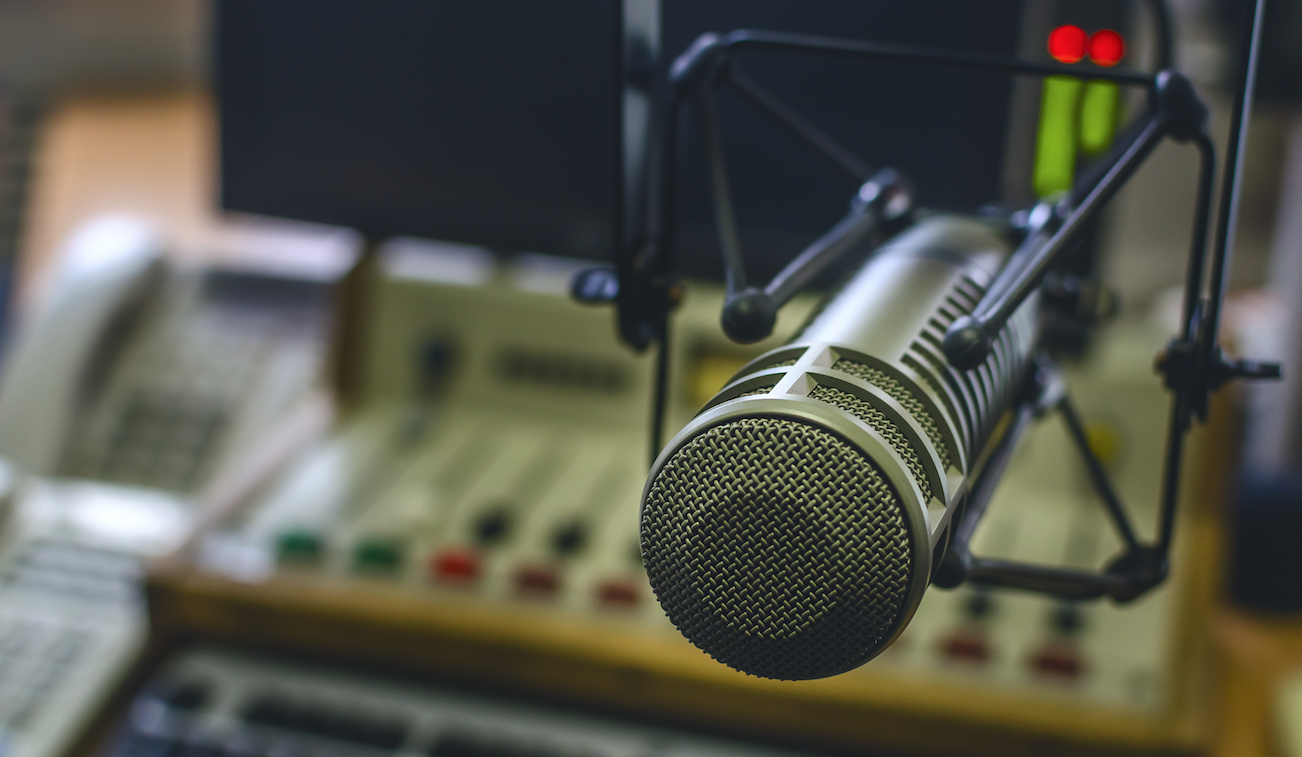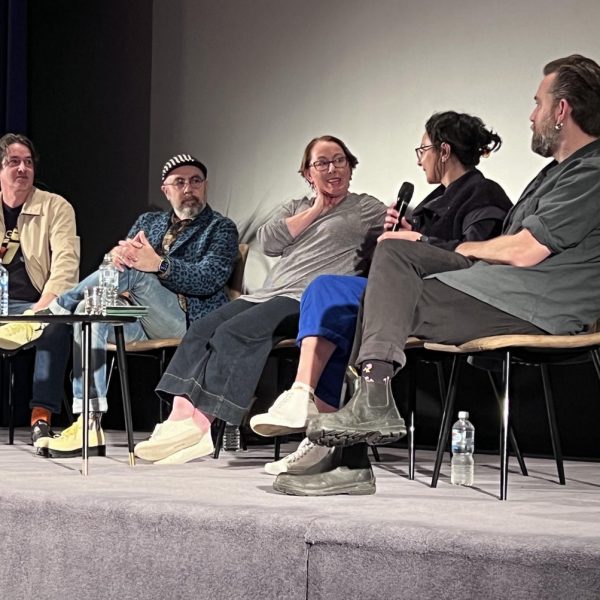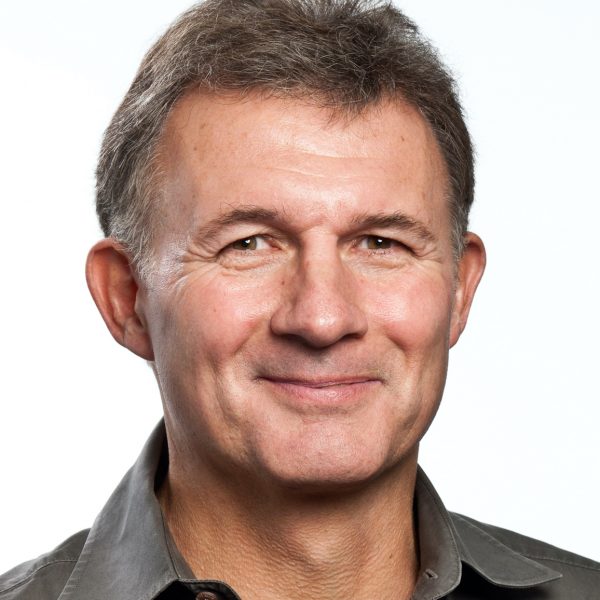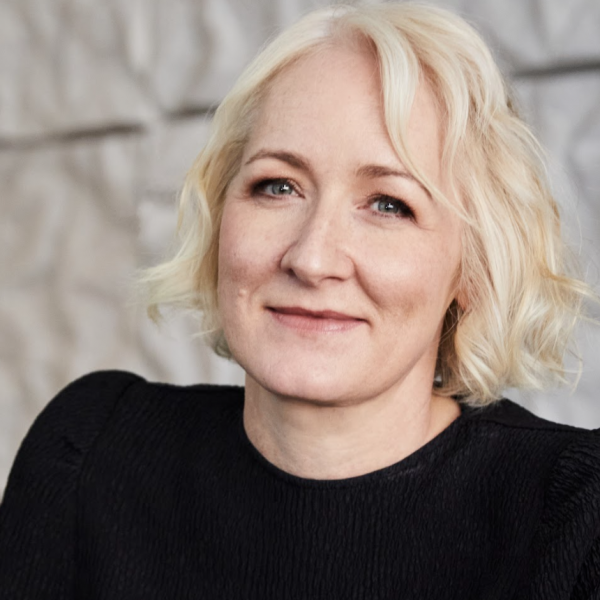Recording Industry’s Radio ‘Cap’ Debate Reaches Canberra: Watch

Captains of the record industry gather in the nation’s capital today (March 7) to lend their support for legislation that would remove the “capped” fee that is payable to rights holders in sound recordings when music is played on commercial and ABC radio.
David Pocock, the former Wallabies captain-turned independent senator, tackled the thorny issue, by way of the Fair Pay for Radio Play Bill, introduced last August.
Now, reps from ARIA, PPCA, join Mushroom Group, the three major music companies and more descend on Canberra for public hearings on Pocock’s Copyright Legislation Amendment (Fair Pay for Radio Play) Bill 2023.

Fairplay for Pay panel session at Indie-Con 2023 (l-r): Lars Brandle, David Vodicka, Lynne Small, Catherine Haridy, Josh Pyke.
The Bill is seen by the recording industry as an attempt to rectify what the recording industry has termed an “anomaly,” initially legislated as a “temporary” measure in the 1968 Copyright Act.
The so-called “cap” prevents the recording industry from negotiating a new, higher rate on those sound recording royalties paid by radio, a sum fixed at 1% of commercial radio revenue.
The right to negotiate:
Currently, commercial radio pays roughly $4 million in copyright fees for the use of sound recordings, despite earning around $1 billion in advertising revenue, according to PPCA.
“Radio has built a successful business model around the use of recordings,” reads a statement from the industry,” published today, “yet it pays very little for their use.”
The joint statement includes comments from the leaders of the three domestic major music companies, plus Mushroom Group COO Chris Maund.
“All we’re asking for is the right to negotiate with the CRA,” ARIA and PPCA CEO Annabelle Herd told the committee during a morning presentation.
The Australian Broadcasting Corporation is part of the problem, the industry reckons. ABC Radio is legislated to pay 0.005c per head of population — a sum that amounts to roughly $130,000 per annum.
“Today we make our case for a level playing field, for the very simple and reasonable right to have a conversation with radio about the fair market value of a sound recording,” comments Herd.
“This is not a bid to hurt radio, but a simple request to be able to negotiate without legislated limits on what artists’ sound recordings are worth,” the message continues.
The industry’s day in the ACT comes after 56 submissions were made to the Legal and Constitutional Affairs Legislation Committee, including documents from APRA AMCOS, UNIFIED Music Group, Media Arts Lawyers, The Media, Entertainment and Arts Alliance (MEAA), and NOVA Entertainment.
Music and radio “should be natural partners, but at the moment it is not an equal partnership,” Herd continues. “Without sound recordings, artists, and record labels, the music radio business model does not work. It’s been a long time since radio needed help establishing itself and the burden of subsidising a profitable and successful industry should not fall on artists and labels.”
Commercial Radio & Audio (CRA), which represents the interests of the commercial radio sector, is opposed to the changes, warning that the Bill was a “threat” to the sustainability of regional radio.
Ford Ennals, CEO of CRA, has said that removing the cap “could backfire” by channeling more money to the record labels while “simultaneously undermining the health of the radio industry, which provides a major platform for Australian artists.”

Ford Ennals
Ennals reiterated those concerns earlier this week. “If multinational record labels are allowed to hike up radio’s music fees it would harm the sustainability of stations – particularly in regional and remote communities where local media has already diminished,” he comments in a statement, published Monday, March 4.
“Radio is already paying almost $40 million a year in fees – any increase to this would hurt radio, which in turn hurts music. Radio plays an important role in promoting and supporting Australian artists and music and we want this to continue.”
The bigger picture:
MEAA campaigns director Paul Davies warns that the imbalance of power sits with record labels and performers — with the former historically coming out on top.
“We need to look at the bigger picture,” explains Davies, “the vast majority of musicians are cut out of payment for broadcasted music by the record companies under the current system, so we are concerned about any potential of entrenching and expanding an unfair system.”
Ciaran Davis, CEO of ARN and Chairman of Commercial Radio & Audio to the Copyright Legislation Amendment, weighed in Thursday with an opening statement.
“Our concern is we are not talking about a free market here,” Davis comments.
“First, the radio industry is highly regulated. In particular here, legislation requires radio to play a minimum quota of Australian music. In other words, we are required by law to buy product from the PPCA.
“That means radio stations and the PPCA record labels are not a ‘willing buyer’ and a ‘willing seller’ reaching an agreement on a price. Instead, without the cap, radio must pay the asking price of the record labels to meet the quota. This is not a free market.”
And secondly, “PPCA is a collecting agency, with substantial market power,” Davis adds.
“The big three record labels behind the PPCA — Sony, Universal and Warner — control around 70% of the industry and have global revenues of around $A40 billion – 40 times that of the entire Australian radio industry. Negotiating with the PPCA is collective bargaining – it is not some simple free market negotiation.”

Annabelle Herd
Australia stands alone with this sort of copyright law, according to ARIA and PPCA, a situation that has resulted in tens of millions of dollars since the Copyright Act was activated in 1968.
“Legislated price caps are very rare in any sector or product in the economy and must be justified by strong public policy objectives. That is clearly not the case here,” claims Herd.
“There is no public policy reason to justify this heavy-handed regulatory intervention which limits what one party can charge for its product.”
More than 500 Australian artists signed an open letter in support of the Bill, including Troy Cassar-Daley, Amy Shark, and Tones And I.
There is “strong support” for this change among the artist community, Herd told senators this morning, “because it goes to the health of the Australian music ecosystem. It is a difficult time for new Australian music in particular at the moment, it is extremely hard for new Australian artists to break through and every cent counts.”
From these public hearings, a report is due June 20, 2024.
Read more here. And watch the Senate, Legal and Constitutional Affairs Legislation Committee (Copyright Legislation Amendment (Fair Pay for Radio Play) Bill 2023 here.






























